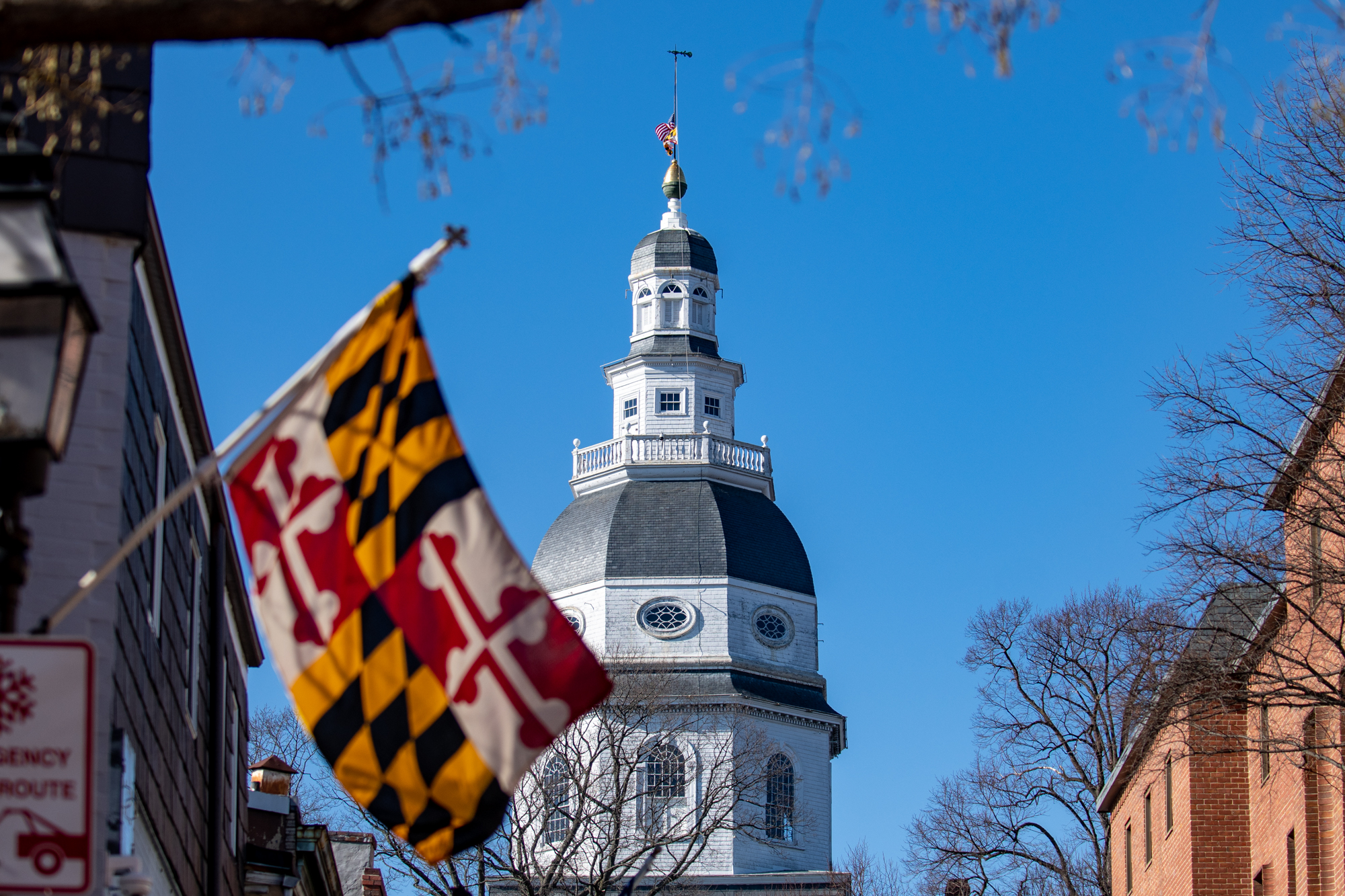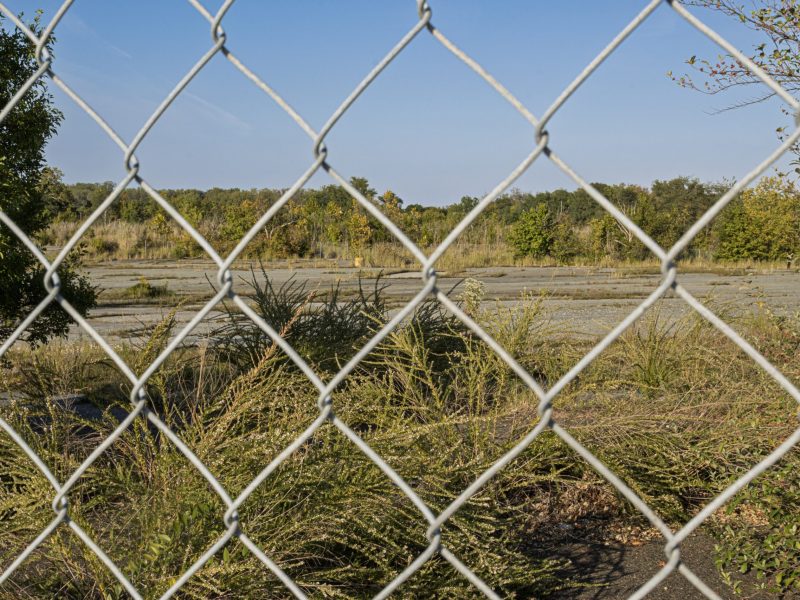The Maryland General Assembly passed legislation Saturday that will create a regulatory framework for the state’s recreational cannabis industry.
The bill now heads to Gov. Wes Moore, who has already expressed his support for the legislation.
The bill’s passage came two days before the end of the 2023 legislative session and several months after Marylanders voted to legalize cannabis through a ballot referendum. Starting July 1, adults who are 21 and older can possess up to 1.5 ounces of recreational cannabis, according to the referendum.
The House of Delegates and the Senate had differing versions of the legislation until Friday, when they unveiled a version of the bill including compromises on the tax rate, licenses and more.
Under the finalized framework, recreational cannabis will be taxed at nine percent. The framework also creates a Maryland Cannabis Administration to further regulate the industry.
[Maryland attorney general releases report detailing sex abuse in Baltimore Archdiocese]
While crafting the legislation, lawmakers prioritized ensuring equity in the cannabis industry. Significant portions of tax revenue generated by cannabis sales will go toward the Community Reinvestment and Repair Fund, a fund that aims to positively impact the communities most harmed by the war on drugs.
Additionally, people in areas “disproportionately impacted” by the criminalization of cannabis will have their own round of applications for licenses to sell cannabis, according to the legislation.
Businesses that already possess medical cannabis licenses will also have priority in converting their licenses from medical to recreational.
The bill allows for up to 300 dispensaries, 100 processors and 75 growers to receive standard licenses. Up to 200 micro dispensaries, 100 micro processors and 100 micro growers can also receive a license. Micro dispensaries are those without a physical storefront and with 10 or fewer employees.



